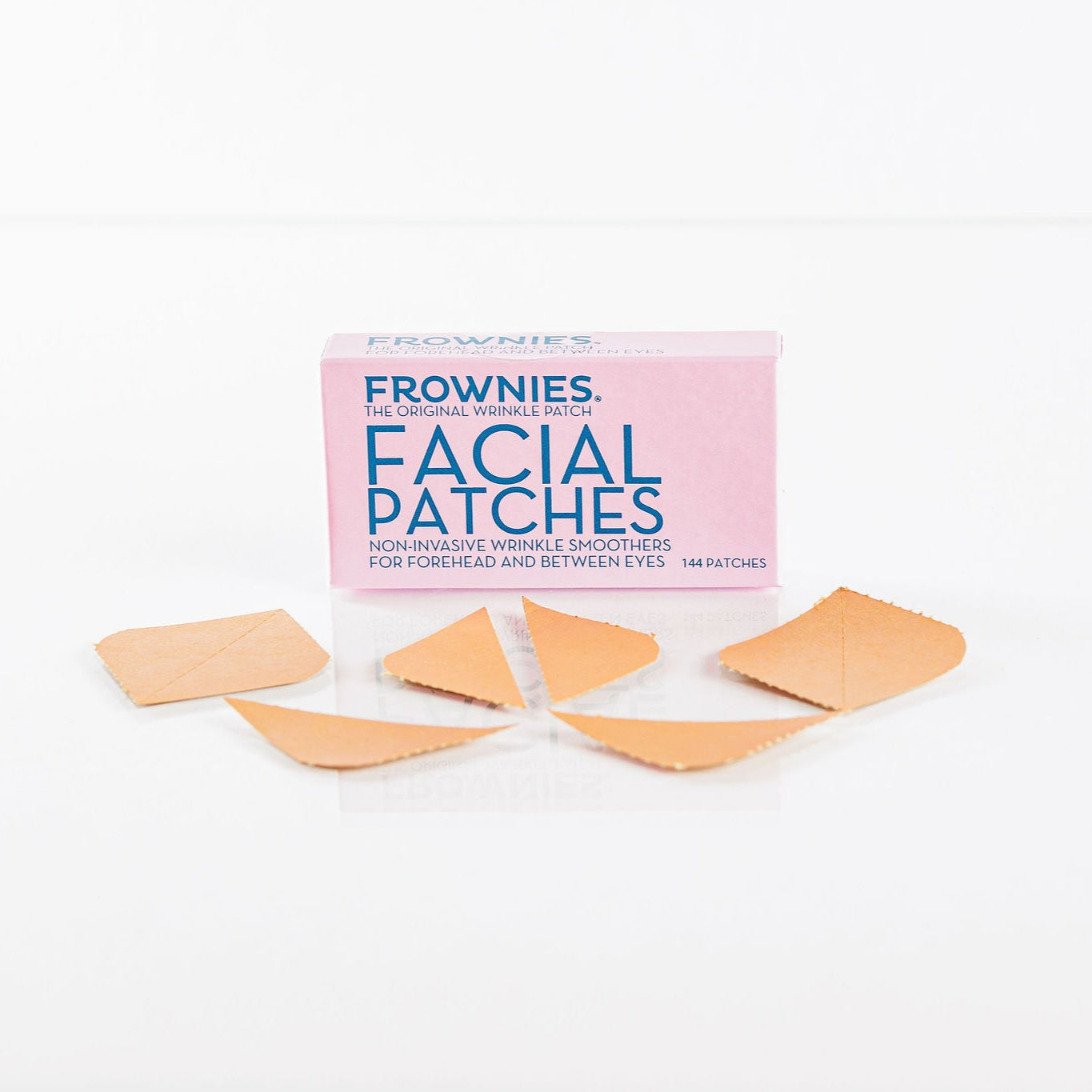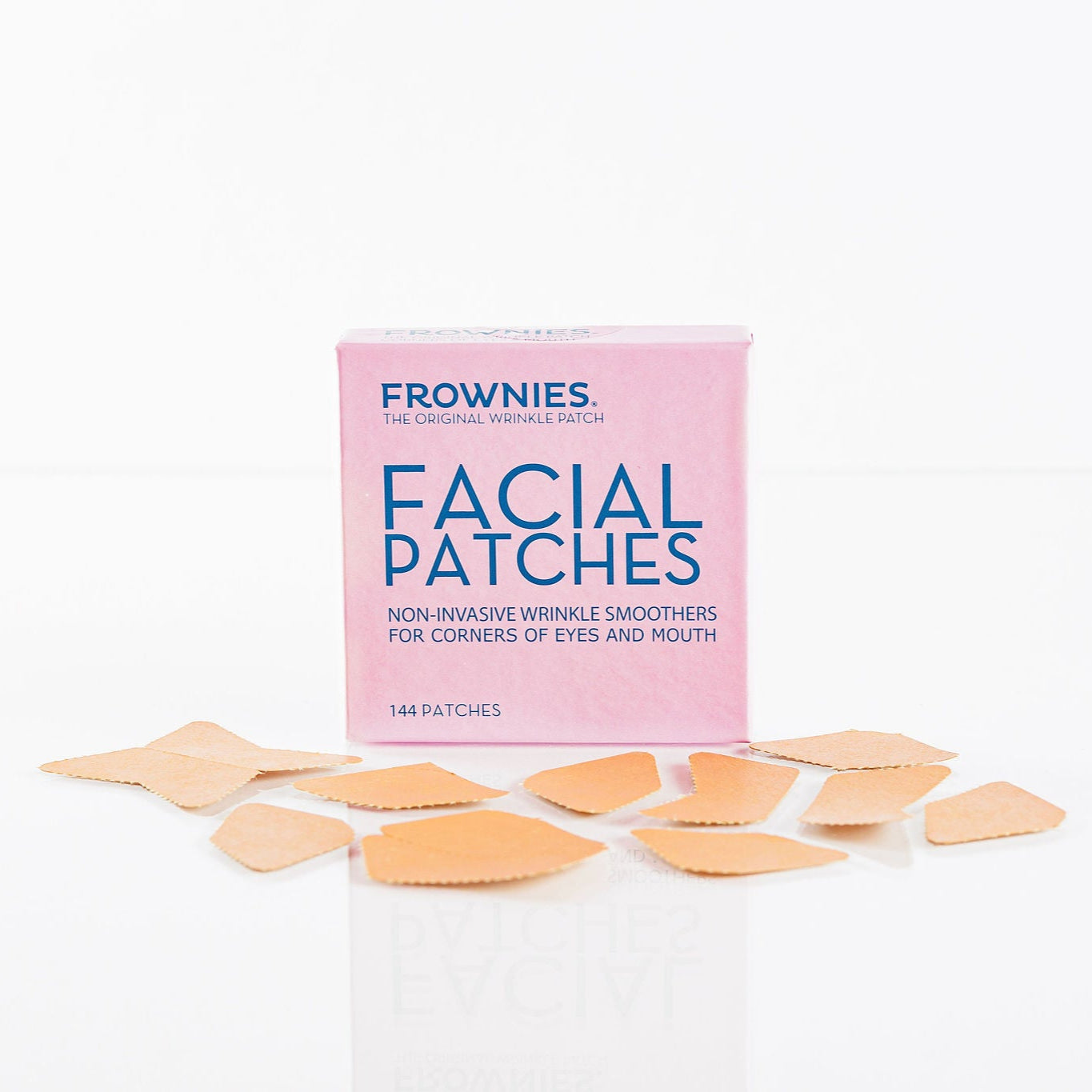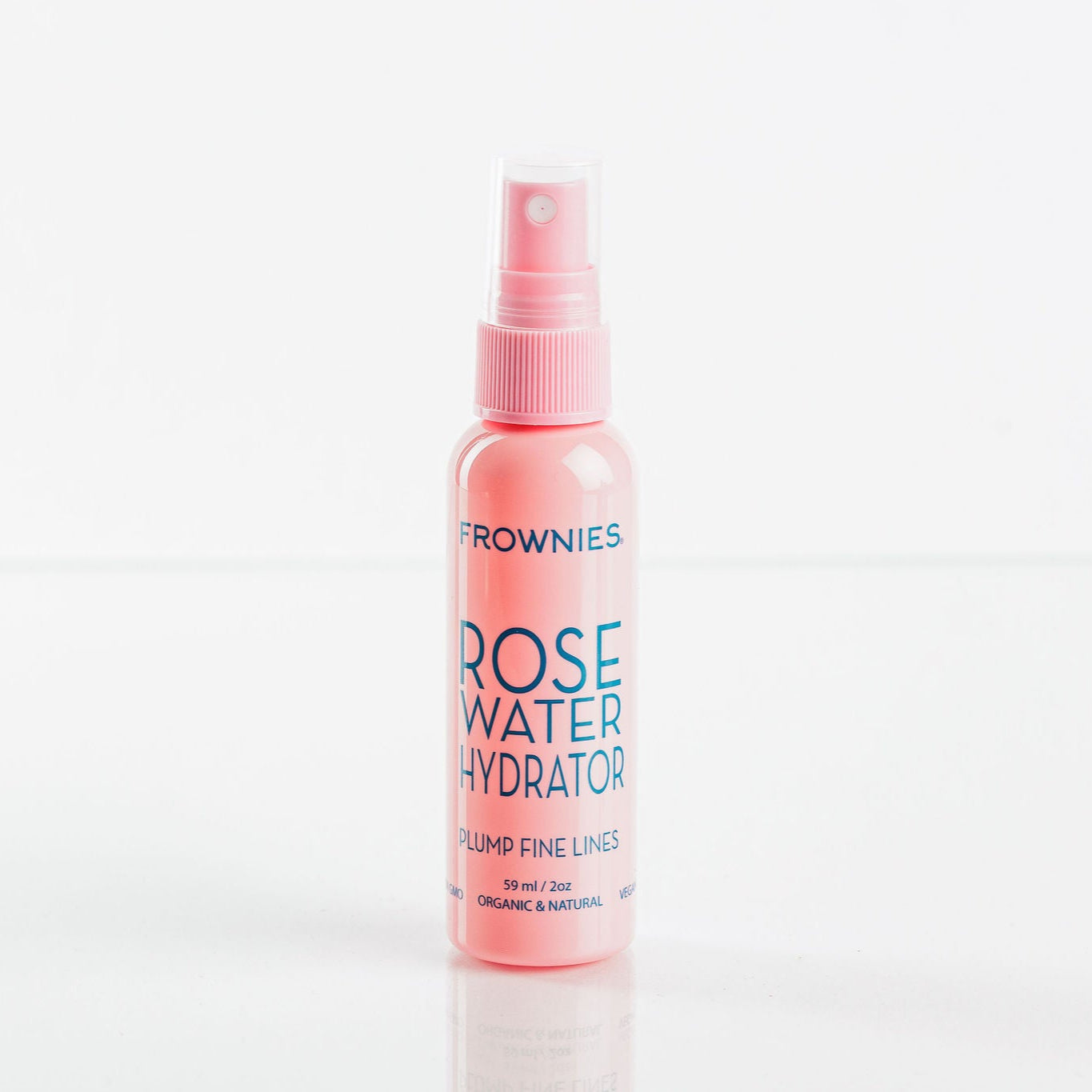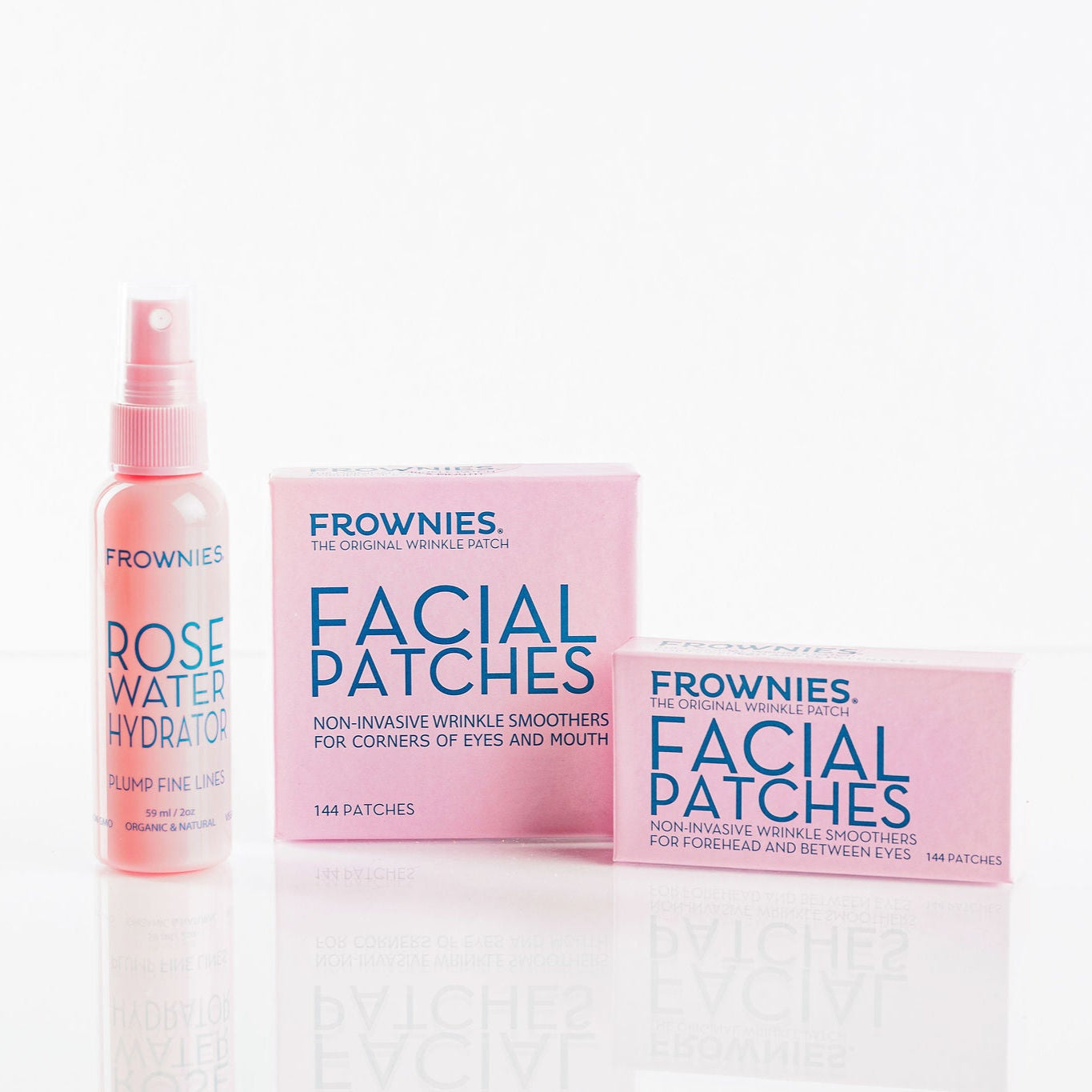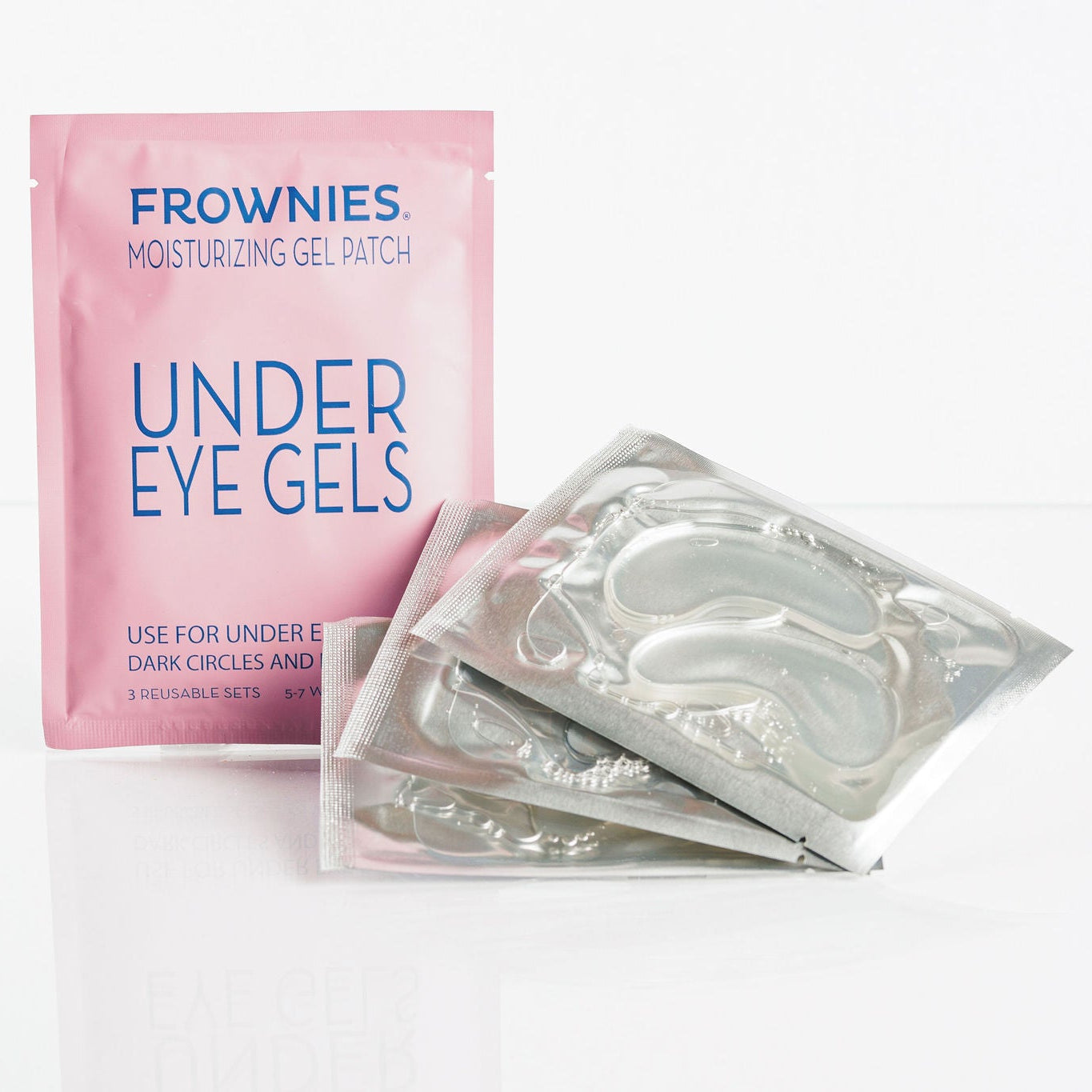
In honor of Black History Month, Frownies interviewed April Carter, make-up artist and lifestyle vlogger based in Greenville, SC, for her unique perspective on skincare concerns that BIPOC consumers may face.
First, “there is more that makes us the same than what makes us different,” April emphasizes. Regardless of race or color, all skin is skin. “The same skincare concerns that a person of color experiences are also the same skincare concerns that any nationality experiences–There just may be varying degrees or certain factors that make one more pronounced than the other.”
So, what are the real differences in skin among different races? While there may be slight differences in thickness and texture, the most obvious difference is color. The variations in color of our skin are due to differing amounts of melanin, the pigment of the eyes, hair, and skin. In fact, there are two types of melanin: eumelanin which is responsible for darker tones and pheomelanin which creates more red and pink tones. All skin tones–from light to dark–contain these two types of melanin in varying ratios.
Historically, however, all skin has not been treated equally. For example, the Journal of the American Academy of Dermatology (April 2020) found that dermatology textbooks only included a mere four to 18 percent of images were of darker skin tones. In addition, studies in dermatology research lack representation of darker skin tones. The Journal of the American Academy of Dermatology (July 2021) sampled 58 dermatology research studies and found that fewer than 25% of participants identified as a race other than white.
These disparities can pose major challenges in healthcare as well as the skincare industry. Lack of education and awareness of the differences in presentation on varying skin tones can make diagnosis and treatment of health issues more difficult. And alarmingly this delay is not only a problem in more benign skincare concerns such as eczema or acne but also more serious health conditions that show signs and symptoms on the skin, such as melanoma skin cancer and Lyme’s disease, for example.
Lack of representation in dermatology research and education has also led to a lack of understanding of how skin care products perform on darker skin tones. Darker skin may react differently to skin care products that were formulated and tested on lighter skin due to the increased concentration of melanin.
April confirms, “A skin care concern that is more pronounced on people of color is hyperpigmentation, dark patches and spots on the skin that cause uneven appearance. Learning how to correct this concern is often a plight for many women of color.” April continues, “For people of color, it’s about finding products that help to even out and balance without whitewashing the skin per se.”
What should you look for in a skincare regimen? “The number one thing I believe all people of color should look for is oil.” April says. “Our skin loves and needs oil–it’s what keeps our skin supple and hydrated, it is what keeps those fine lines away, it can even help to even out our skin tone. When you look down our ancestral line at our homelands, whether that be from Africa or the islands, you find that a lot of the native people use the natural oils of that land. Olive oil, jojoba oil, palm oil, etc. – All these different types of oils in their natural state do wonders for the skin.”
Regardless of your skin’s color, April believes “it’s important to not overcrowd the skin with chemicals and lab-made products.” She suggests instead opting for natural and organic products with eco-friendly packaging. Frownies Skin Serum contains organic oils from plants primarily from: Hemp oil, Oat oil high in vitamin E and Sea buckthorn Oil full or antioxidants that nourish and protect the skin.

April is a make-up artist and spent eight years with MAC Cosmetics and six years doing freelance work. She is a self-proclaimed skincare enthusiast after suffering years of poor skin texture and tone, acne, and post-acne skin issues. April is happy to report that she is now balanced, radiant, and acne-free.
If you’re interested in hearing more of April’s perspective, you can check out her YouTube channel and her Facebook Page.
By: Dr. Megan C. Wright, PT, DPT
Megan C. Wright, PT, DPT is an authority in health and wellness content with over ten years of clinical experience as well as a freelance health writer. Megan received a BA in English from the University of Virginia and earned her Doctor of Physical Therapy from Marymount University. Megan lives outside Richmond, Virginia with her husband and two young boys.
